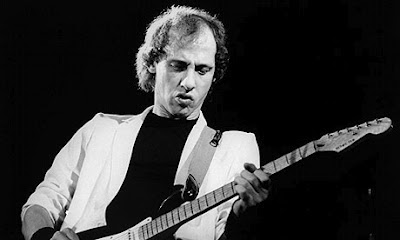I almost always gave up buying candy when I was little, junk food when I was older. We had a jar on the dining room table with a 'Share Lent' label. This jar was for depositing the coins we didn't spend on candy bars and potato chips. When Lent was over, the jar of coins would be given to the Canadian Catholic Agency for Development and Peace to help fund their programs in developing nations.
It was hard, this giving up of sweets (which I always craved) and this giving over of my precious few coins when I was little, but I felt the importance of it even then. Children are naturally generous, just as they are naturally selfish, so generosity needs regular opportunity just as selfishness needs regular curtailment.
I remember having an argument with my closest friend at the time. Her family was Anglican and also practised Lent. In my family's faith, Sundays were not included in Lent, as every Sunday of the year is considered a celebration of the Paschal mystery. Therefore, whatever we had given up, we could enjoy on Sundays. My friend thought this was cheating. When I told my dad of her opinion later (I was worried he would agree with her) he said, "She can do Lent her way, and we'll do Lent our way." And so we did. The Sunday breaks from Lenten deprivations made the season, which felt very, very long when I was a child, less daunting, but I admit I privately wondered if my friend was that much better of a person for sticking with her solid, unrelenting 40 days trek through the desert of discipline.
At our school, St. Joseph's, we were shown Development and Peace films throughout Lent, so we would know where our coins were going. Children with flies in their eyes and distended tummies lined up to receive rations of powdered milk and rice from kind looking men and women in these reel-to-reel movies, and the images stayed with me always. I tried to be grateful for all I had, I tried, but I could not seem to stop wishing for more.
That same brother and I held secret conversations in the bedroom we shared until my eldest sister moved out, leaving room for me in the girls' bedroom. "What would you do if you had a million dollars?" we'd ask each other. My brother wished for a new house with a recreation room downstairs with a pool table and a big TV, where he and his friends could hang out and eat endless bowls of chips and Cheezies. I wished for fancy outfits and toys I'd seen in the Sears Catalogue, for my parents to own a car, and for my dad to publish the novel he was working on - I prayed hard for that. We knew our family was different from many of the families we knew, that our parents had some different priorities.
Many years passed before I truly appreciated the effect of those priorities which instilled in we children the values that have carried us through the ups and downs of life. By being who they are, our parents taught us to share with each other, to be creative, to be open minded and generous, to wear the many hats of love. To appreciate the arts and literature, to tread softly on God's earth and take time for silence. To work smarter, not necessarily harder, and to enjoy fully the good things of life. To find one's calling and live it wholeheartedly - find where you can give what you have to offer and you will be truly happy.
The annual giving up of some thing in order to share with others was good training; it helped me to be able to tell the difference between my needs and my wants, and it still serves as a good reminder of the fact that I am indeed very blessed to be in a position to do so.
My appreciation of Lent has expanded exponentially as I have gotten older. I now welcome the opportunity to live for a time more or less in solidarity with the greater part of the world that struggles to obtain the very basics of life. That being said, it is still not easy to give up any of my creature comforts, so by the time Easter comes I greet it much like I did as a child, with equal parts joy and immense relief. I'm only human after all.
The photo is one I took of a pathway at Kokanee Provincial Park near my hometown of Nelson. Wishing you a good weekend.




